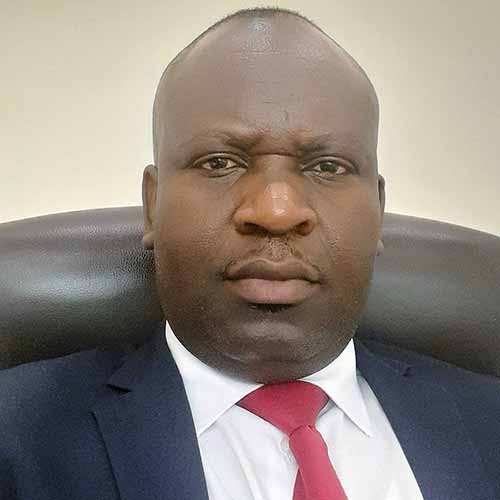
Sustainability
A joint statement by the Global Reporting Initiative (GRI) and the European Financial Reporting Advisory Group (EFRAG) details the mutual recognition of reporting under both GRI and European Sustainability Reporting Standards (ESRS). Stressing that both systems focus on double materiality (the impact of sustainability issues on companies and companies’ impact on sustainability), the GRI and EFRAG will establish a list of the ESRS disclosure requirements and data points that correspond to GRI ones, enabling ESRS reporting with reference to the GRI. The statement stresses that the ESRS allows entities to use GRI to report on topics not covered by the ESRS, such as tax. The two organisations will work on a digital taxonomy and a multi-tagging system for their standards, allowing cross-referencing.
In a keynote speech to the Brussels BdB (Association of German Banks), Sue Lloyd, vice chair of the International Sustainability Standards Board (ISSB), has said that the ISSB will also consider digital tagging for reducing duplication in reporting by companies using ISSB and ESRS. She wants the ISSB, the European Commission and EFRAG to communicate jointly on interoperability and coordinate future guidance. As the European Union (EU) had embarked on sustainability disclosure standards before the ISSB was established, ‘we’ve needed to engineer interoperability’ rather than ‘begin with the ISSB standards as the foundation’.
The International Federation of Accountants (IFAC) has called on the ISSB to set out a clear timeline for addressing additional sustainability topics, such as biodiversity and human capital/rights issues, in future standards.
A paper released by global sustainability disclosure organisation CDP has introduced a maturity matrix to assess landscape sustainability through two assessments. A ‘landscape’ approach is a place-based management system that involves landscape users advancing shared sustainability goals, while a ‘jurisdictional’ approach advances these goals where an area is defined by administrative boundaries of subnational governments.
The World Benchmarking Alliance has released a climate and energy benchmark methodology for the electricity sector, which complements its earlier climate and energy benchmark. The group said the benchmark can be a roadmap to show how companies can achieve UN Sustainable Development Goals and the Paris Agreement climate change targets.
The GRI has signed a memorandum of understanding with the Philippines’ Department of Trade and Industry to train micro, small and medium enterprises in reporting their sustainability impacts.
Currencies
The International Accounting Standards Board has issued amendments to IAS 21, The Effects of Changes in Foreign Exchange Rates, which will require companies to provide more useful information in their financial statements when a currency cannot be exchanged into another currency. Accounting for a lack of exchangeability between currencies was not previously covered by IAS.
Investors
The International Organisation of Securities Commissions (IOSCO) has issued guidance on protecting market integrity and investors from decentralised finance (DeFi). IOSCO says regulators need to understand DeFi arrangements and structures; achieve common regulatory standards; identify and manage key risks; insist on clear, accurate and comprehensive disclosures; enforce rules; and cooperate internationally.
Internal audit
The Institute of Internal Auditors (IIA) has released initial findings from its public consultation on its draft Global Internal Audit Standards, to be finalised later this year. In total, 79% of those who responded strongly agreed or agreed with the structure of the proposed standards. The IIA also found that 82% agreed with the standards’ introduction section; 78% with the glossary; 77% with the purpose of internal auditing section; 77% with the ethics and professionalism section; 72% with the internal audit function governance; 78% with the internal audit function management section; and 75% with the internal audit services section. The IIA has also admitted Malta and Somalia as new affiliates of its global federation.
Guidance
The IFRS Foundation has released new translations of its guidance and standards in Albanian, Arabic, Bosnian, Brazilian Portuguese, Finnish, French, Georgian, Japanese, Montenegrin and Spanish.
More information
ACCA’s annual virtual conference, ‘Accounting for the Future’ features sessions on Preparing for sustainability reporting and Ethical dilemmas in an era of sustainability reporting. Register today to watch live on 21-23 November or on-demand.





